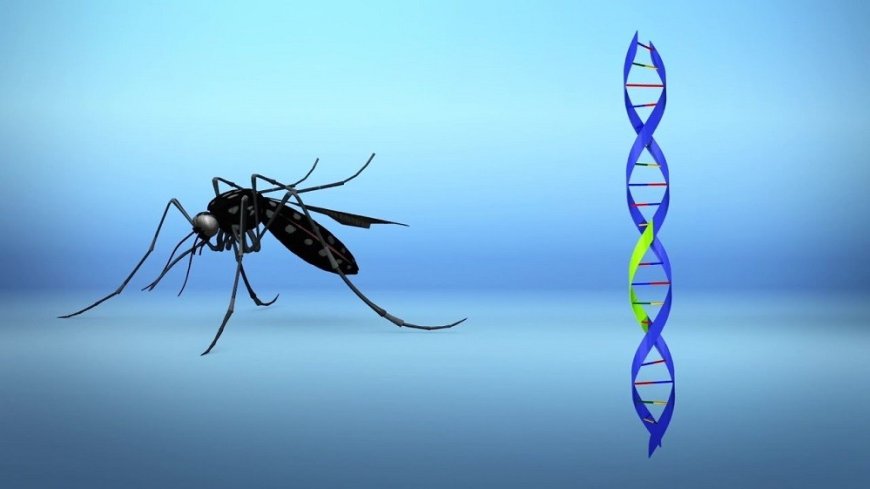Modified mosquitoes repair insects in Florida
Oxitec launched thousands of genetically modified mosquitoes on April 29 to combat an invasive species known to carry deadly diseases.

In collaboration with local governments, UK-based biotechnology company Oxitec launched thousands of genetically modified mosquitoes on April 29 to combat an invasive species known to carry deadly diseases. Genetically modified males mate with native females to produce female offspring that cannot survive to adulthood. Male offspring also carry mutations, leading to decreased numbers of female offspring and possible pop Oxitec launched thousands of genetically modified mosquitoes on April 29 to combat an invasive species known to carry deadly diseases. ulation destruction.
If all goes according to plan, the key can be to see the collapse of the local population of the Aedes aegypti mosquito whose wife transmits the disease. Oxitec has shown that it can reduce mosquito populations in the Caribbean and South America. Successful experiments in the United States could lead to a wider application of unusual pest control methods.
In 2008, Oxitec worked with the Cayman Islands government to release 3.3 million modified mosquitoes on Great Cayman. After 11 weeks, Aedes aegypti's population fell by 80%, according to a 2011 report by Nature Biotechnology. The company says using the same method succeeded in reducing 95% of mosquitoes in the urban area of ‹‹Indayatuba, Brazil.
Must Read: The Asus Zenfone 8 leaks
Representatives from the Florida Keys Mosquito Control District first invited Oxitec to destroy the local Aedes aegypti population more than a decade ago. A Florida native mosquito of the genus Anopheles once spread malaria, a disease that was largely eradicated in the United States in the 1950s. The invasive Aedes aegypti, born in Africa, can transmit jaundice, Zika virus, dengue fever and chikungunya. U.S. Centers for Disease Control and Prevention reported 80 cases of locally transmitted dengue fever in 2020, of which Florida is responsible for 70. In the same year, Puerto Rico reported 756 cases of dengue fever.
Florida's genetically modified mosquito release project was approved by the Environmental Protection Agency in May 2020, but some environmental groups still oppose the program. "History teaches us over time that we must take serious precautions with experiments and new genetic engineering technology," said Dana Pearls, program manager for the United States at Washington-based Friends of the Earth Environmental Group. Today. "Once you release this genetic material into nature, you can't remember it." Reuters
